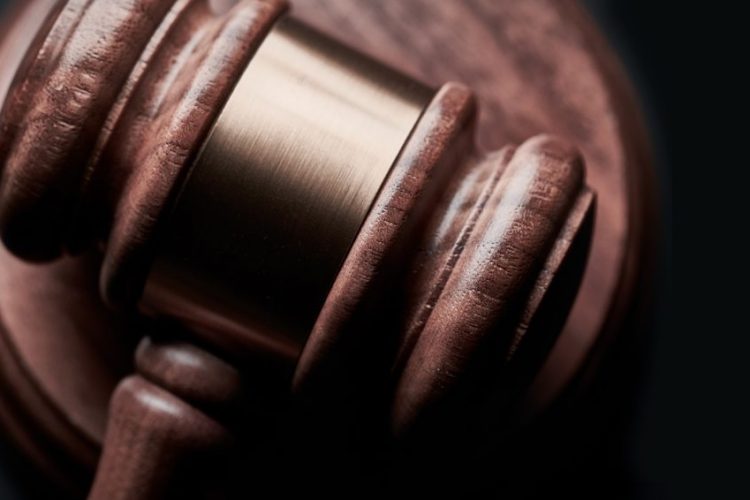It’s crushing enough to lose a loved one to natural causes like illness. But when the loss is caused by the negligence of another individual, the grief can be devastating. You’re hurt and angry, wondering why your loved one had to pay for someone else’s mistakes with their life. Shouldn’t the culprit have to pay too? Faced with such questions, you might want to turn to a lawyer, like this wrongful death attorney St Louis option, for help. Let’s see why.
Get to the Bottom of the Matter
Wrongful death cases are seldom open-and-shut. There’s always a handful of factors involved, and the responsible parties are hardly ever forthcoming. Take the case of a patient who dies in the course of receiving treatment — an apparent medical malpractice. Both the hospital and the attending physician will quickly move to circle the wagons. As a result, the deceased’s kin will run into brick walls when they try to seek an explanation.
And so, it usually takes a great deal of sleuthing to get to the bottom of the matter. This is where an attorney comes in; they know what processes will help bring all the evidence to the surface. They can also bring in a specialist to help with certain investigations if necessary.
Criminal Law Isn’t Sufficient
While it’s common for wrongful deaths to result in criminal proceedings, you cannot rely on this avenue to bring you justice. Not all negligence is of criminal nature. And even when it is, prosecutors aren’t obliged to act in the interest of the bereaved (i.e. to seek compensation from the culprit). Therefore, your best bet is to file a lawsuit against the defendant. And that’s something that’s best handled by an experienced attorney.
Build a Solid Case
The success of a wrongful death case hinges on the plaintiff’s ability to prove negligence on the defendant’s part. That in turn requires establishing four key points:
- Duty: Showing that the defendant owed the deceased a legal duty under the circumstances of the latter’s demise.
- Breach: That the aforementioned duty was breached by the defendant’s actions/inaction.
- Causation: That the breach contributed to the victim’s fate either directly or indirectly.
- Damages: Proving that the plaintiff suffered a loss as a result of the wrongful death.
Can you trust yourself to prove these four points under the glare of a courtroom? Or aren’t you better off relying on someone who knows all the legal processes involved? It’s in your best interest to have an attorney by your side.
Seek Fair and Reasonable Compensation
Speaking of interest, it’s worth noting that you don’t retain a lawyer in the event that your lawsuit makes it to trial. Their representation will still come in handy even after the other party makes a settlement offer (this is how most negligent death/injury cases are resolved).
Your lawyer will check whether the amount offered is enough to fully compensate your losses, besides covering your legal expenses. They will negotiate with the other party for a settlement that’s fairer and more reasonable. And if the defendant isn’t willing to budge, your attorney will be ready to go back to court. Simply put, retaining counsel will send a message that you’re not one to be tricked into accepting a lowball offer.
Time Is of the Essence
Yes, the chance to seek redress for your loss won’t be available forever. And every minute you wait to start the process is time the other party spends hiding or destroying evidence. No need to hesitate anymore — get in touch with a lawyer as soon as possible.

